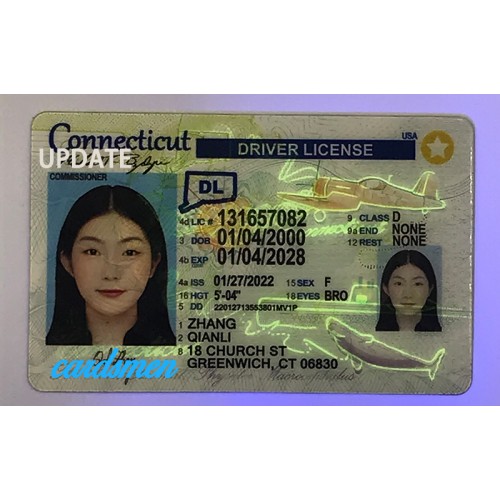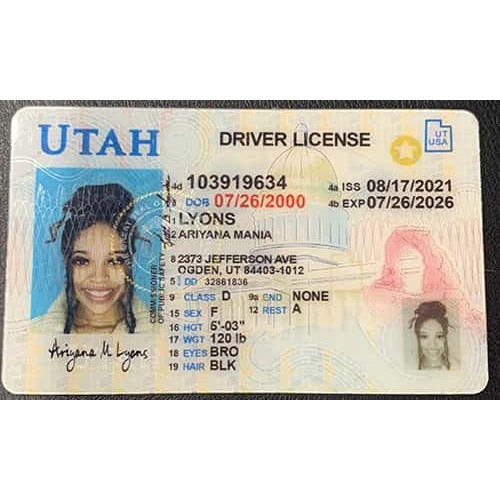Homemade Fake Id
2024-05-08 2024-05-08 20:34Homemade Fake Id
Homemade Fake Id
Creating a Homemade Fake ID: The Risks and Consequences
In today’s society, possessing a fake ID has become a common practice among young adults looking to gain access to bars, clubs, or purchase alcohol before reaching the legal drinking age. With advancements in technology, creating a homemade fake ID has become easier than ever. While the temptation to make your own fake ID may seem appealing, it is essential to understand the risks and consequences associated with possessing a counterfeit identification.
There are various methods individuals use to create homemade fake IDs, including using photo editing software, laminating equipment, and cardstock paper. Some may even go as far as purchasing a professional ID card printer to produce a more realistic-looking fake ID. The process of creating a fake ID requires attention to detail, as it must closely resemble an authentic government-issued identification card to fool bouncers or store clerks.
One of the primary risks of possessing a homemade fake ID is the legal repercussions that can result from using counterfeit identification. In most states, possessing or attempting to use a fake ID is a crime that can result in fines, community service, suspension of driving privileges, or even jail time. Additionally, individuals caught with a fake ID may face disciplinary action from their school or university, including expulsion or academic probation.
Using a homemade fake ID can also have lasting consequences on an individual’s future. If a person is caught using a fake ID, it can result in a criminal record that may impact their ability to secure employment, housing, or financial aid for higher education. Employers, landlords, and lenders often conduct background checks on individuals, and a criminal record for using a fake ID can raise red flags and diminish opportunities for the individual.
Furthermore, the consequences of using a homemade fake ID extend beyond legal and personal ramifications. Fake IDs are often linked to criminal activity, such as identity theft, fraud, and underage drinking. By using a counterfeit identification card, individuals are contributing to the illicit market for fake IDs, which can fund organized crime and endanger public safety.
It is crucial for individuals to understand the ethical implications of possessing a fake ID and consider the potential impact on themselves and others. Using a homemade fake ID to deceive others is dishonest and can erode trust in relationships. Additionally, individuals who use fake IDs to purchase alcohol or gain entry to restricted venues are putting themselves and others at risk of harm, such as alcohol poisoning, accidents, or violence.
In conclusion, creating and using a homemade fake ID may seem like a harmless way to have fun or gain access to certain privileges, but the risks and consequences far outweigh the benefits. Possessing a counterfeit identification card can lead to legal trouble, hinder future opportunities, and perpetuate criminal activity. Instead of resorting to using a fake ID, individuals should abide by the law, respect age restrictions, and make responsible choices that prioritize their safety and well-being. The potential pitfalls of using a fake ID are not worth the temporary satisfaction of circumventing the rules.










